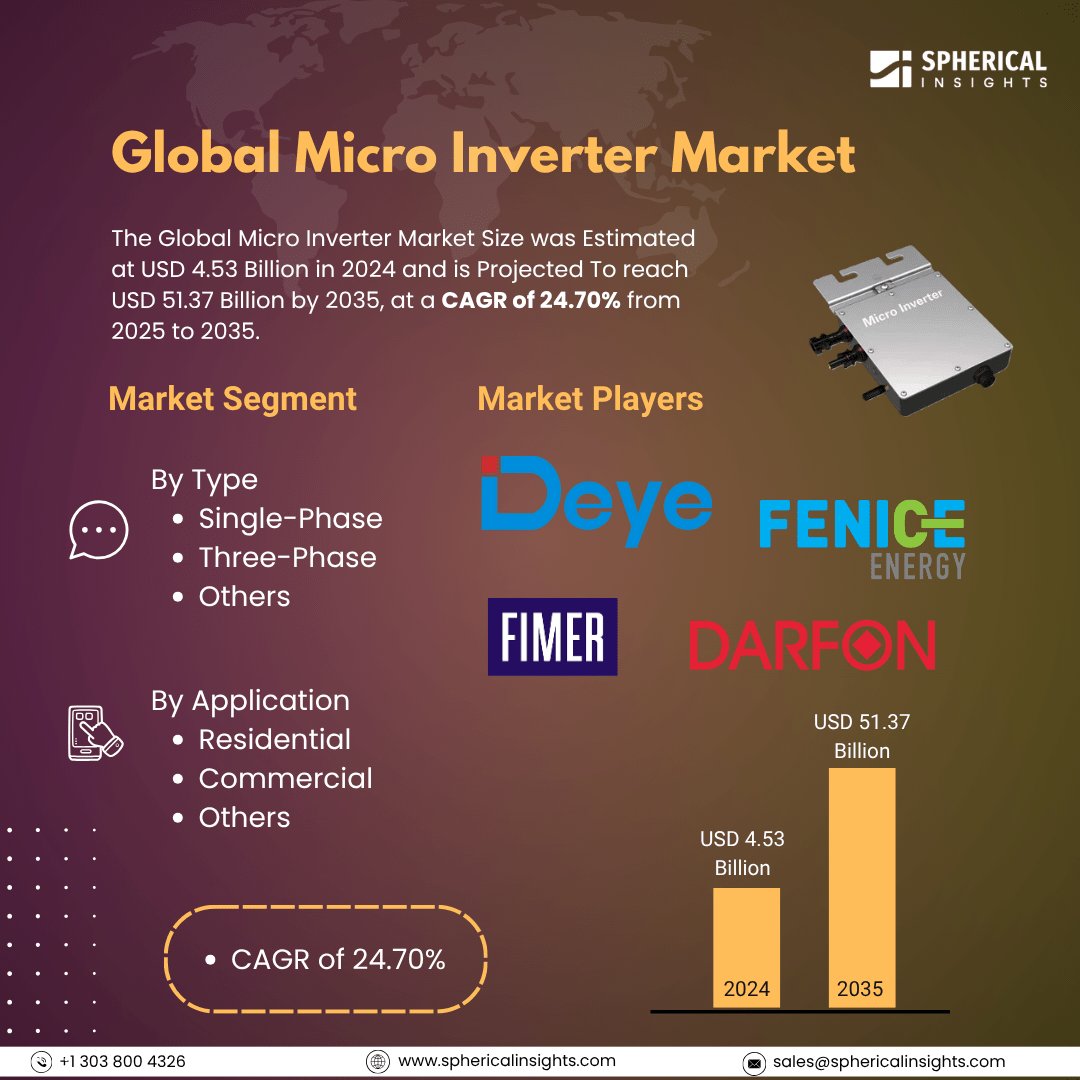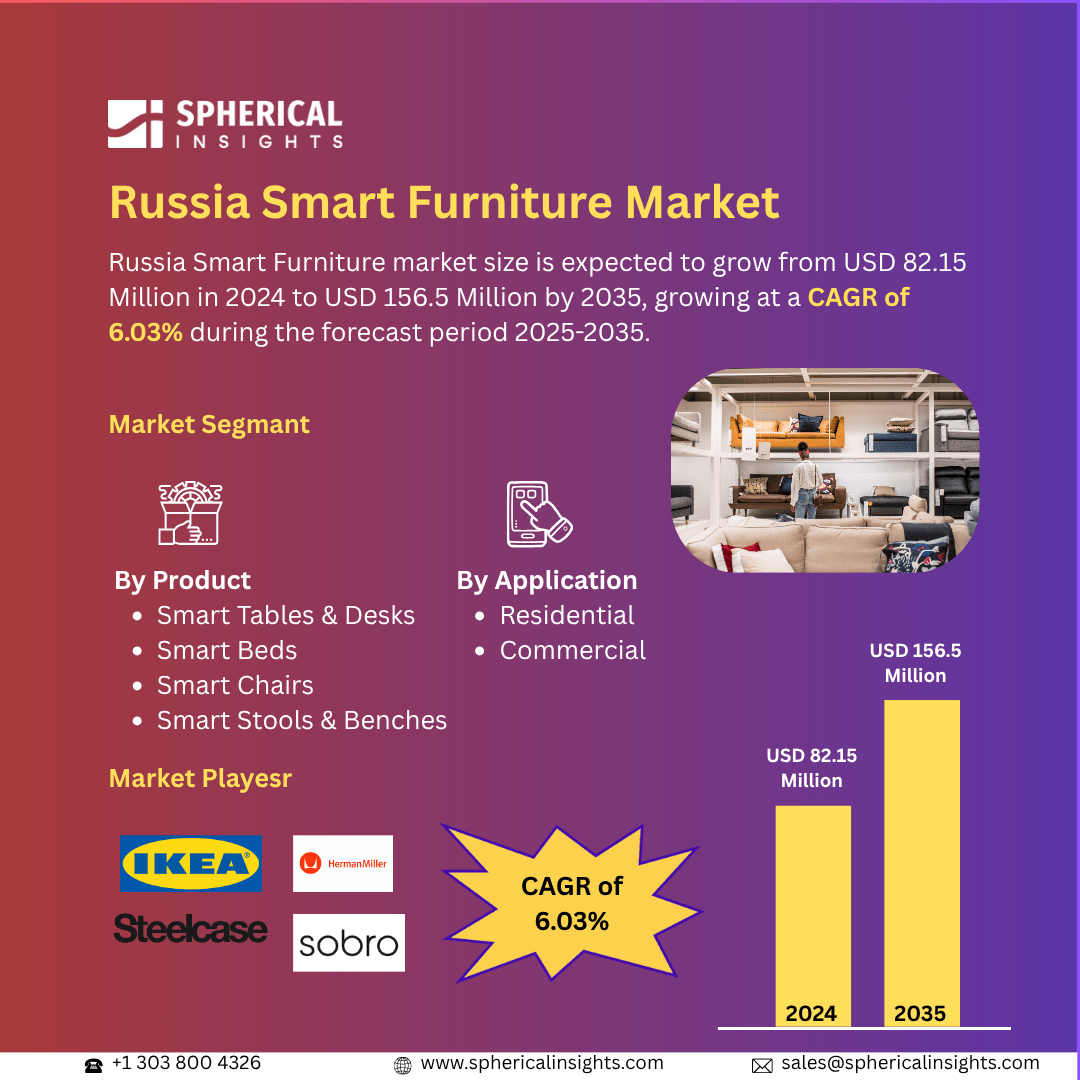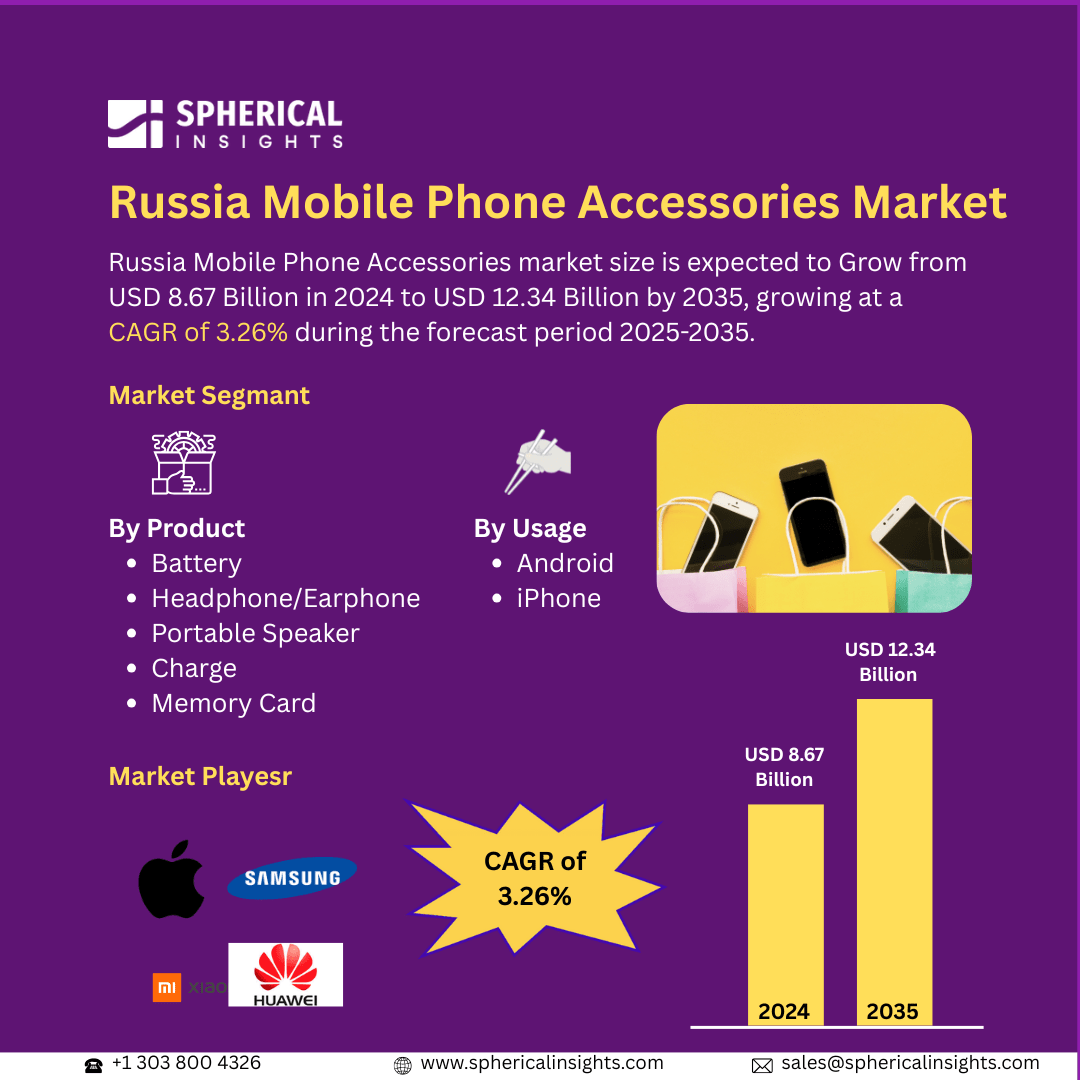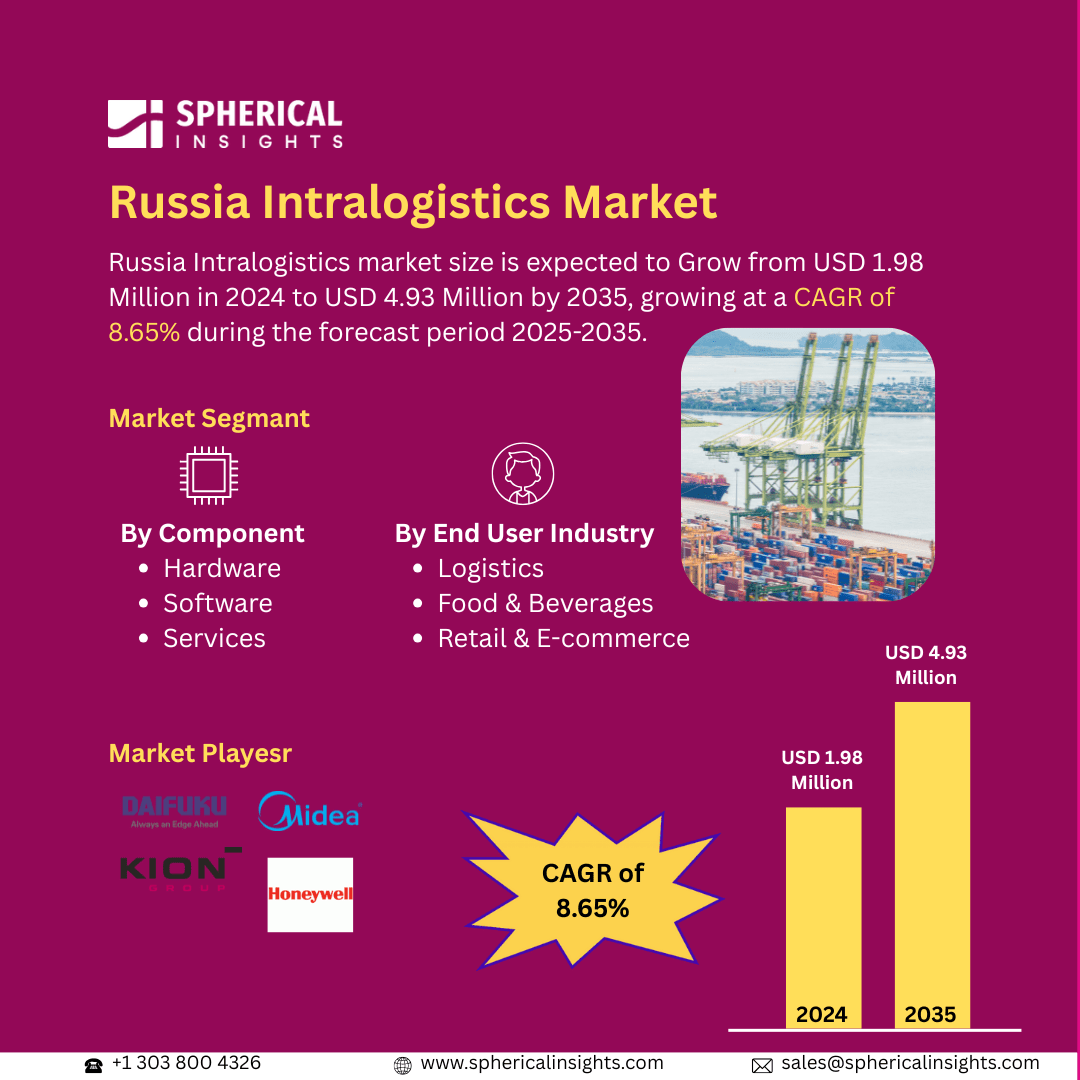Micro Inverter Market Summary
The Global Micro Inverter Market Size was estimated at USD 4.53 Billion in 2024 and is projected to Reach USD 51.37 Billion by 2035, at a CAGR of 24.70% from 2025 to 2035. The growing use of renewable energy, particularly solar power, and the special benefits micro inverters provide for maximizing energy production and system performance are the main drivers of the micro inverter market's notable expansion.
Key Regional and Segment-Wise Insights
- In 2024, with a 36.62% revenue share, North America led the world market for micro inverters.
- The U.S. market for micro inverters is expanding significantly.
- In 2024, the single-phase sector had the highest market revenue share by type, accounting for 72.52% of the total.
- In 2024, the residential segment had the highest market revenue share by application, accounting for 78.68%.
Global Market Forecast and Revenue Outlook
- 2024 Market Size: USD 4.53 Billion
- 2035 Projected Market Size: USD 51.37 Billion
- CAGR (2025-2035): 24.70%
- North America: Largest market in 2024
- Asia Pacific: Fastest Growing market
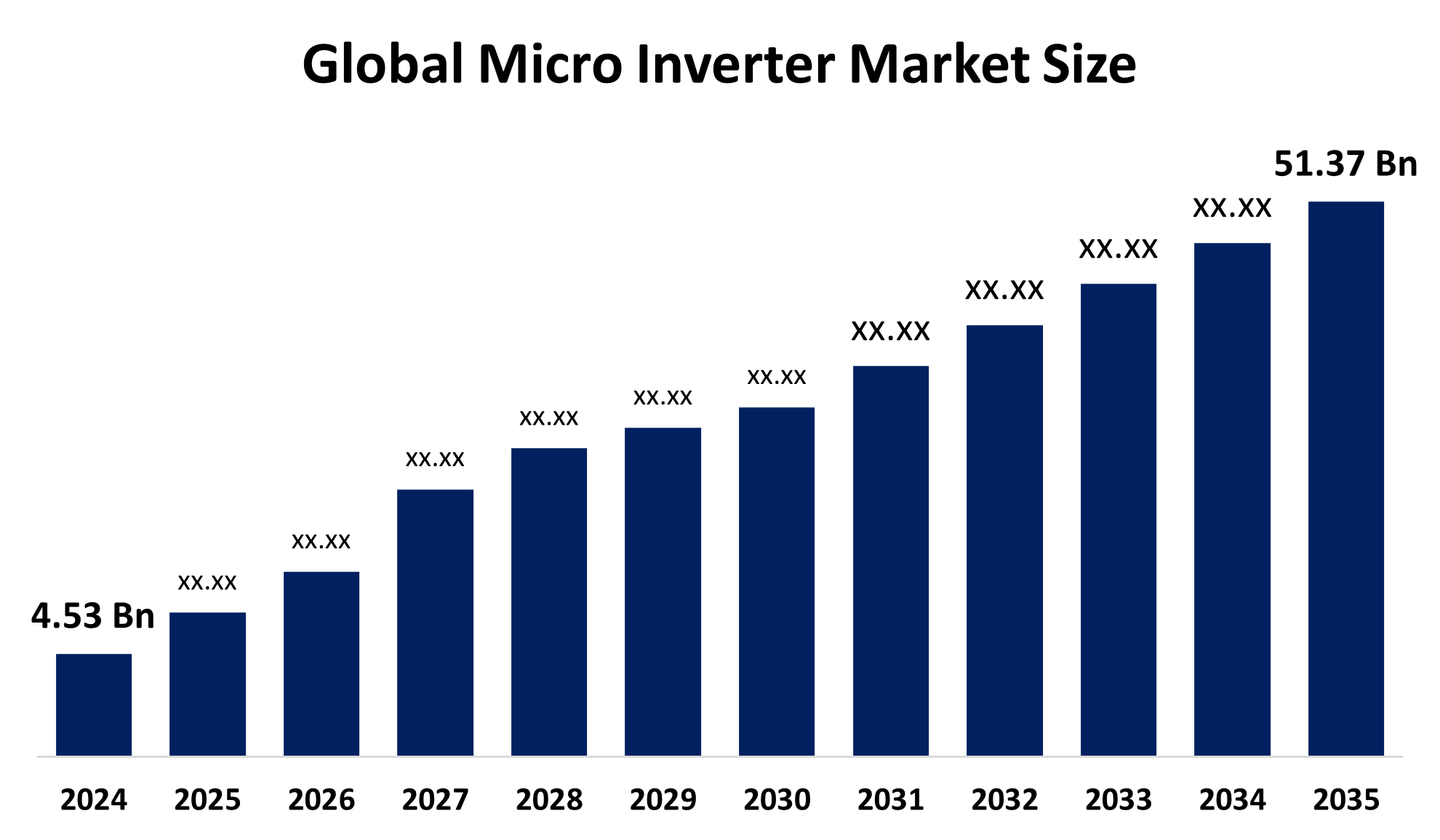
A worldwide market exists for micro inverters, which function as small electrical devices that transform solar power generating direct current (DC) into alternating current (AC). The market experiences strong growth because renewable energy sources, especially solar photovoltaic (PV) systems, receive increased adoption. The fundamental value of micro inverters emerges from their capability to optimize power delivery at the module level while enhancing system performance and enabling flexible system design approaches. Residential and small-scale commercial sectors require micro inverters because these devices enhance system performance and support MLPE adoption while providing safety benefits. Modern technology enhances micro inverter monitoring functions through smart home integration as well as IoT capabilities.
The deployment of microinverters in essential locations is getting faster because of supportive regulations and solar technology progress. Smart grid implementations and decreasing solar installation expenses help drive the growing adoption of these systems. The distributed solar system movement gains speed through government financial support, together with renewable targets, which make micro inverters the preferred choice for optimizing power output and system adaptability. The home sector, together with small commercial users, rapidly adopts micro-inverter technology because it offers scalable solutions alongside easy installation and better safety features such as reduced fire risks. Micro inverters prove ideal for urban environments because their modular design provides adaptable solar system configurations and enhanced performance in complex rooftop spaces with shadows. The ongoing shift toward distributed power production and distributed energy systems creates additional requirements for micro inverters. The future development of micro inverters depends on research and development efforts and cost reduction through mass production, which will enable broader application possibilities. Micro inverters will become instrumental in enhancing global solar power systems because of their improved effectiveness and security and accessibility as renewable energy requirements increase.
Type Insights
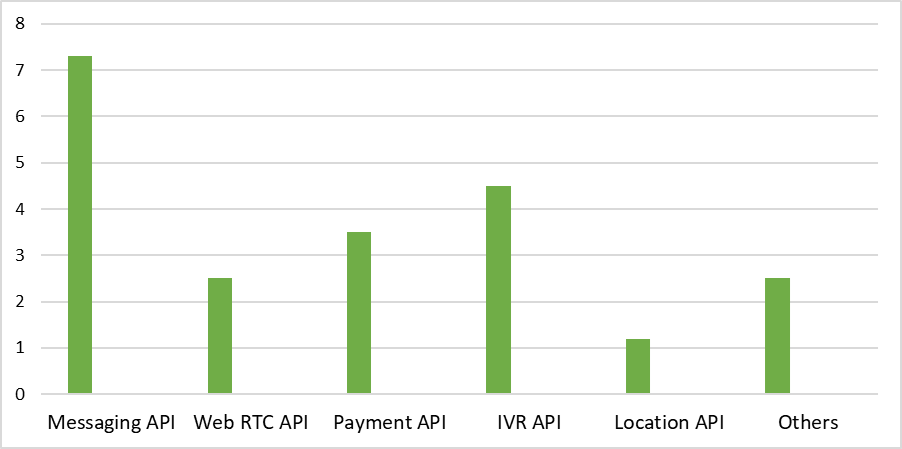
The single-phase sector holds the highest market revenue share of more than 72.52% in 2024. The extensive usage of small-scale commercial and residential solar installations functions as the primary factor that drives the market growth. Single-phase micro inverters deliver cost-effective and efficient performance for rooftop solar installations, and they match well with systems that need moderate energy consumption. Their ability to improve individual solar panel output makes them ideal for systems that experience shading or have various panel orientations. Their straightforward installation process and compatibility with standard home electrical systems have driven their adoption, especially across North American and European regions where solar rooftop penetration continues to grow.
The three-phase segment of the micro inverter market will show substantial growth throughout the projected timeframe. The use of three-phase systems offers enhanced grid stability together with improved solar energy system performance. The distribution of power among the three phases functions to increase system efficiency while minimizing voltage imbalances. The three-phase micro inverter market expands because utilities, together with grid operators, now focus more on power quality and system dependability. Three-phase micro inverters used to be considered costly, but recent technical developments, together with increased production scale, have brought down their expenses. The cost advantages and performance benefits of three-phase micro inverters in specific applications have led them to become more popular across various customer segments, including commercial and industrial project developers.
Application Insights
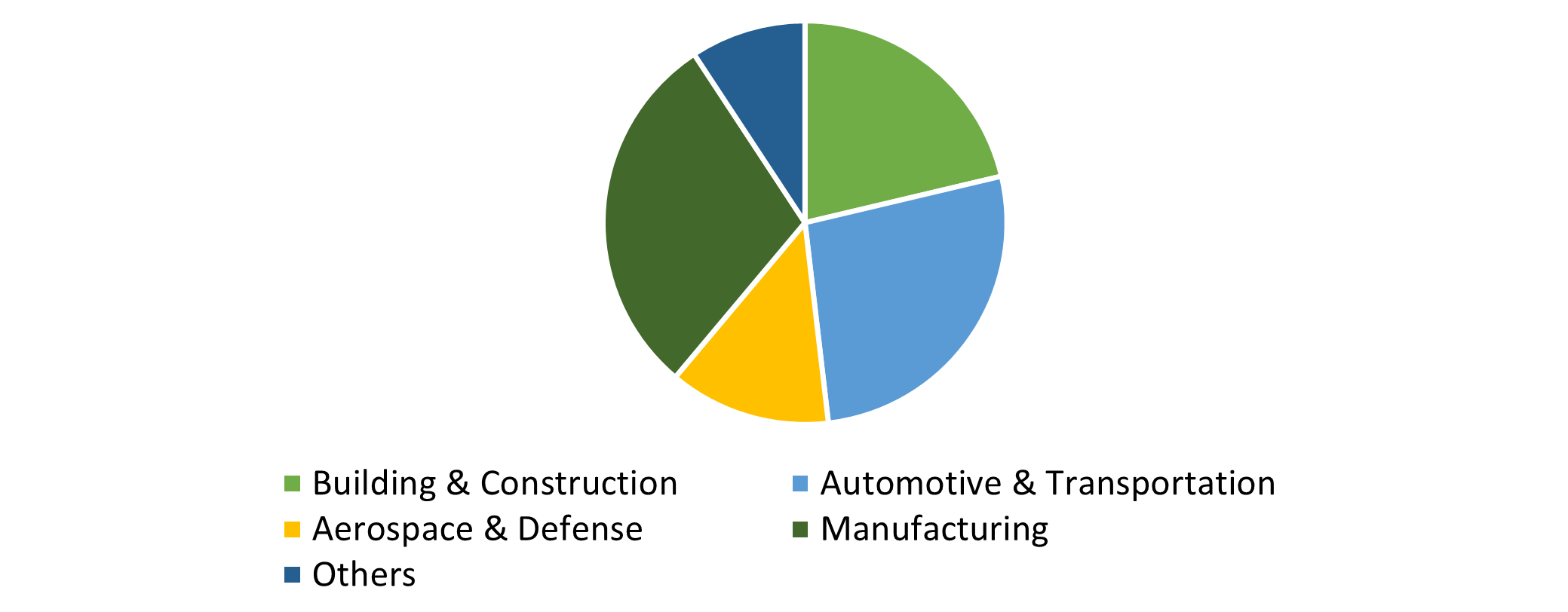
The residential segment dominated the market in 2024 with a revenue share of 78.68%. Homeowners who want to cut costs on their power bills and achieve energy self-sufficiency install more rooftop solar systems every year. The panel-level operation of micro inverters enables these devices to extract maximum energy from each solar panel. Residential environments benefit greatly from this feature because rooftops usually feature different angles and sun exposure patterns. The efficient deployment of homes is made possible through their advanced safety mechanisms, straightforward installation steps, and their adaptability to single-phase power grids, especially in countries that provide net metering benefits and solar incentives. The desire for residential solar installations is being driven by rising electricity bills and environmental consciousness. To reduce electricity costs and promote sustainability, homeowners opt for solar power. These systems are improved by micro inverters, which provide low maintenance, effective energy conversion, and real-time monitoring.
During the forecasted period, the commercial sector represents the fastest-growing segment of the micro-inverter market. Micro inverters provide a modular solution that allows businesses to easily expand their commercial solar power systems according to their changing needs. The flexibility and simple integration capabilities of micro inverters make them ideal for commercial projects that involve both new solar installations and existing solar arrays. The advanced monitoring capabilities of numerous microinverter systems deliver immediate data about each solar panel's operational status. The ability to monitor solar panel performance at this level is essential for commercial businesses that want to maximize energy output while identifying problems and planning necessary maintenance. Commercial applications need both reduced downtime and improved system reliability, which happens through detecting problems at the panel level.
Regional Insights
North America is a worldwide leader in the micro-inverters market, with a 36.62% revenue share. Strong residential rooftop solar system adoption, advantageous government subsidies, and rising demand for high-efficiency, module-level power electronics are the main drivers of the expansion. The United States has experienced substantial growth in solar photovoltaic (PV) system installations across both residential and commercial properties. The adoption of solar technologies received significant support from government policies, which created a demand for micro inverters through tax incentives and net metering programs. Micro inverters have become a favored choice among small businesses and homeowners because of advances in technology, which include built-in monitoring functions and enhanced safety protocols. The growing sustainability focus and increasing adoption of decentralized power generation drive the adoption of micro inverters across this region.
U.S. Micro Inverter Market Trends
The rising number of residential solar power systems, combined with net metering rules and federal tax benefits, drives the growth of micro inverters across the United States. Because they allow for remote system control and real-time visibility, microinverters are becoming more popular. This increases demand from energy monitoring systems and smart homes. The rising consumer preference for micro inverters stems from their enhanced safety features and individual panel optimization capabilities, and their ability to maintain system performance during shading and panel mismatch situations.
Asia Pacific Micro Inverter Market Trends
The Asia Pacific area stands as a rapidly growing micro-inverter market within the global economy. The market grows because of fast urban development alongside expanding solar energy systems and strong renewable energy targets. Several countries, such as China and Japan, along with South Korea and Australia, are putting money into renewable energy projects to fulfill their energy requirements and reduce carbon emissions. The growing residential customer base receives encouragement to adopt solar power through microinverter solutions because of increasing middle-class numbers and the requirement for reliable decentralized power. Urban and rural areas experience faster adoption of micro-inverters because solar component prices drop and more people understand their safety and performance benefits. Micro inverters experience market growth because the region places strong emphasis on achieving electrification and sustainable energy access.
Europe Micro Inverter Market Trends
Europe's market for micro inverters is growing gradually due to the continent's strong emphasis on distributed generation and the integration of renewable energy. With the help of feed-in tariffs and clean energy-promoting regulatory frameworks, countries like Germany, the Netherlands, and France are leading the way in the adoption of residential solar. The need for micro inverters has expanded as a result of government subsidies and policies encouraging the use of renewable energy, which have increased the installation of solar PV systems. Households and small businesses are encouraged to invest in self-sustaining solar systems with microinverters as part of the drive for energy independence, particularly in response to geopolitical uncertainty. Furthermore, micro inverter technology complements the trend toward smart houses and grid-connected solutions, which increases market demand even more.
Key Micro Inverter Companies:
The following are the leading companies in the Micro inverter market. These companies collectively hold the largest market share and dictate industry trends.
- Deye Inverter
- Fenice Energy
- Fimer Group
- Darfon Electronics Corporation
- SunEvo Solar
- Enphase
- Sparq Systems
- Statcon Energiaa
- Solis Solar
- Sensol
- Tata Power Solar
- Others
Recent Developments
- In March 2025, Solax Power operates as an international manufacturer of solar inverters, is set to release solar micro-inverters that specifically target Indian consumers. The company has developed inverters that specifically cater to residential rooftop solar systems of a smaller scale, which will enter the market soon. The PM Surya Ghar plan's introduction of small solar installation support, including balcony solar and home improvement incentives, makes this launch more important.
- In February 2024, Enphase Energy, Inc. sells IQ8PTM Microinverters in Mexico because these products create 480 W of maximum AC power suitable for contemporary higher power solar panels. The worldwide energy technology company Enphase Energy, Inc. leads worldwide as the main supplier of microinverter-based solar platforms and battery systems, which markets IQ8PTM Microinverters for Mexican customers. The IQ8TM Microinverters operate at their full capacity to generate the maximum possible energy output. The devices process continuous 14-ampere DC to handle more powerful solar panels for better energy collection.
Market Segment
This study forecasts revenue at global, regional, and country levels from 2020 to 2035. Spherical Insights has segmented the micro inverter market based on the below-mentioned segments:
Global Micro Inverter Market, By Type
- Single-Phase
- Three-Phase
- Others
Global Micro Inverter Market, By Application
- Residential
- Commercial
- Others
Global Micro Inverter Market, By Regional Analysis
- North America
- Europe
- Germany
- UK
- France
- Italy
- Spain
- Russia
- Rest of Europe
- Asia Pacific
- China
- Japan
- India
- South Korea
- Australia
- Rest of Asia Pacific
- South America
- Brazil
- Argentina
- Rest of South America
- Middle East & Africa
- UAE
- Saudi Arabia
- Qatar
- South Africa
- Rest of the Middle East & Africa
